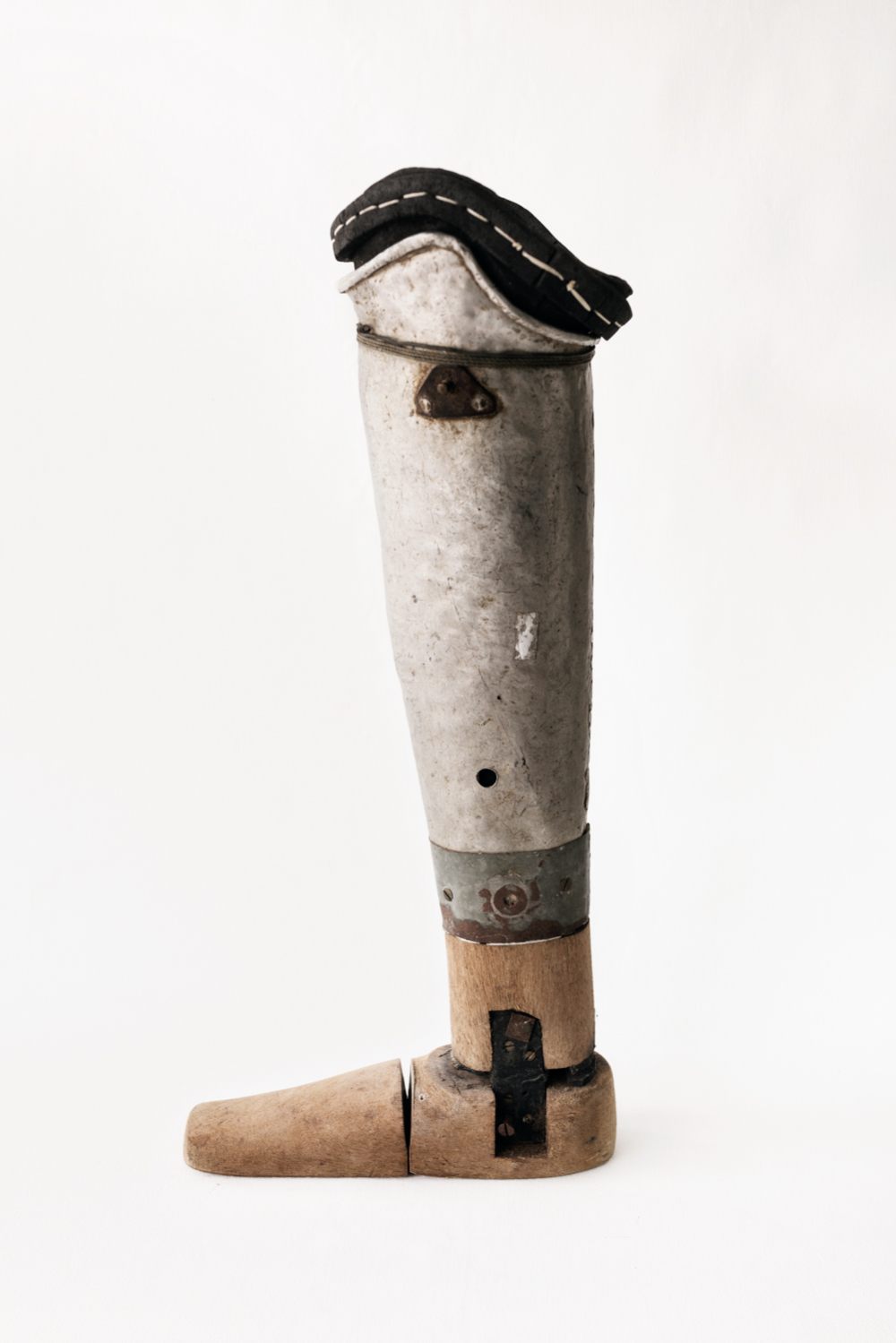I’ll be exhibiting part of the family history/ colonial history project I’ve been working on — “One Day We’ll Understand” — at the Esplanade Singapore’s Jendela Gallery during Singapore Art Week, in a three-artist show titled “Relics”, engaging with colonial legacies and hidden histories. Curated by Sam I-shan. The other artists are Sarker Protick from Bangladesh and Phan Thao-Nguyen from Vietnam.
The opening will be on 18 January (Thurs) 7pm and we’ll do artist talks on 20 January (Sat) afternoon. The exhibition is on till 1 April.
Details here: https://www.esplanade.com/festivals-and-series/visual-arts/2018/relics?FestivalNames=2018&Start=20180105
This portion of my project looks at some of the hidden histories of the Malayan Emergency (1948-60) — that 12-year war in all ways but name the British fought against Malayan Communists — through characters at the grassroots. What was it each side was fighting for? What was it like to be deported by the British for opposing colonial rule? What happened to those “banishees”? What was it like to be killed in the crossfire between the leftists and the British? Whose history is written and remembered? I try to get at some of the layers of trauma and memories left over from the early Cold War — and common to many parts of our world.
The project which I’ve been working on intermittently over the past six years — having started out as a family history piece — spans photographs, oral histories, archival material, artefacts, film, song, text, and will take me some time yet to finish.
I’ve started working on a book on this with designer Teun van der Heijden in Amsterdam. I may need help later this year / next to get it to print!
Thank you to the numerous people in Asia, Europe and the US who have been part of this project or helped it build along the way. So much more to do!
This long project has over the years been supported by a grant from the International Women’s Media Foundation, Asia Society/ChinaFile, and help from Ee Hoe Hean Club and private individuals.
He was 91.
Yesterday, I received news that another one of the characters from my British Malaya project has died. Mr Xie, who went by the nom de plume Mr Chen, was the only one among the 30 Malayans I’ve done oral history interviews with who had worked with my grandfather. In 1946, he was a reporter based in Taiping, Perak, for the Ipoh Daily newspaper of which my grandfather was chief editor. He described visiting the Ipoh office with other reporters to have meetings with my grandfather and other editors, leader writers, and how the young reporters would sleep on the desks overnight.
Born in Grik, northern Malaya, in mid 1920s, he described himself as “progressive” but staunchly independent in his politics although had “close relations” with the Malayan Communist Party. In mid 1949 as the Chinese Communist Party inched towards victory in China, he took a ship from Singapore to Hong Kong and made his way to Guangzhou — “I wanted to come back and take part in the revolution”. He became a newspaper man in Guangzhou, rising to high positions later in his career but not before losing 20 years of his life in labour camps and farms during the “Anti-Rightist” movement and Cultural Revolution — a period he refused to go into more detail on.
He had been very reluctant to meet me, but relented after much persuasion and felt he had a duty to tell me the little he knew of my grandfather. I met him twice, with difficulty, interviewed him, made his portrait, photographed his belongings.
In recent years, I have interviewed, photographed and recorded about 30 such foot soldiers, fighting on either side during the Malayan Emergency, all of whom met with different fates going on to live in China, Hong Kong, Singapore, Malaysia and Thailand. It has been difficult doing all this independently and I’ve stopped at 30 for now. Even while I’m sourcing for academic and museum resources now to push on with this work, I berate myself for still not having found the support to do more interviews, to transcribe the 30 interviews done, and to fund the book I have, this fall, started working on with top book designer Teun van der Heijden in Amsterdam. I will have to work more, harder.
Mr Xie’s passing makes the voice in my head scream again — we are really in the final leg of being able to record any of the unwritten histories from the early Cold War in Malaya and Southeast Asia.
This was his birth certificate from British Malaya, written in Jawi script.

Born 1926, Perak, Malaya. Died 2017, Guangzhou, China.
– 24 Dec 2017, Beijing

